Photo: AA
Click to read the article in Turkish
The Turkish Central Bank has lowered its one-week repo rate by 200 basis points, above market expectations.
The policy rate decreased to 16 percent from 18 percent, the bank said in a statement following its 10th Monetary Policy Committee (MPC) meeting this year.
The Turkish lira further slumped against the US dollar after the decision with the exchange rate of the dollar rising to 9.48 against the lira.
CLICK - Lira hits record low as Erdoğan sacks two Central Bank deputy governors
The bank stressed that the recent rise in inflation rates is caused by supply side factors such as higher food and import prices – especially in energy – disruptions in supply chains, an increase in administered prices, and recovering demand.
It is assessed that these effects are due to transitory factors, the bank said.
Core inflation
The monetary tightening had a decelerating impact on credit and domestic demand, it said, adding the tight monetary stance has a higher-than-envisaged contractionary effect on commercial loans.
In addition, strengthened macroprudential policy framework has started to curb personal loan growth, the bank stressed.
After the committee evaluated the analyses regarding decomposing the impact of demand factors that can be affected by monetary policy, core inflation developments and supply shocks, it decided a cut in interest rate.
"Nevertheless, the Committee assessed that, till the end of the year, supply-side transitory factors leave limited room for the downward adjustment to the policy rate," it noted.
CLICK - 'We'll keep interest rate above inflation,' says Central Bank Governor
In its last meeting in September, the Central Bank also reduced one-week repo rate by 100 basis points to 18 percent after holding it unchanged at 19 percent in its previous five consecutive meetings.
Turkey's annual inflation rate climbed to 19.58 percent in September compared to the previous month, according to the latest data from the Turkish Statistical Institute. The figure was the highest since March 2019.
The course of interest rate in TurkeyAfter Central Bank Governor Murat Çetinkaya was removed from office and Murat Uysal was appointed in his place, the Monetary Policy Committee took its first decision of interest rate cut in July 2019 and cut the policy rate from its current level of 24 percent to 19.75 percent. After its meeting on September 12, 2019, the Monetary Policy Committee of the Central Bank lowered the policy rate to 16.50 percent. The Committee reduced the interest rate to 14 percent on October 24, to 12 percent on December 12 and to 11.25 percent on January 16, 2020. On February 19, the Central Bank decreased the policy interest rate from 11.25 percent to 10.75 percent. In the meeting on March 17, the policy interest rate was reduced from 10.75 to 9.75 percent. In its meeting on April 22, the Bank decreased the policy interest rate from 9.75 to 8.75 percent. On May 21, the interest rate was further reduced to 8.25 percent. The Bank kept this rate unchanged in June, July and August. In its September meeting, the Monetary Policy Committee of the Central Bank decided to increase the policy rate (one-week repo auction rate) from 8.25 to 10.25 percent. The interest rate was kept constant on October 22. On November 7, 2020, Naci Ağbal was appointed as the new Governor of the Central Bank of Turkey by a Presidential decree. The Central Bank announced an interest rate hike, raising the policy rate from 15 to 17 percent in December 2020. It kept the policy rate (one-week repo auction rate) constant at 17 percent in January 2021. At the meeting on March 18, the policy rate was increased from 17 to 19 percent. Following this move, Central Bank Governor Naci Ağbal was dismissed by a Presidential decision and replaced by Şahap Kavcıoğlu. In the first meeting on April 15 after this appointment, the interest rate was kept unchanged at 19 percent, a rate which was also kept steady in the following meeting of the Monetary Policy Committee on May 6. After keeping the interest rate constant in the next three months, the Central Bank hiked it by 200 basis points in September. On November 7, Murat Uysal was dismissed as the governor of Central Bank. Former Finance Minister Naci Ağbal, his replacement, increased the policy rate by 475 basis points from 10.25 to 15 percent on November 19. The Central Bank further increased the policy rate by 200 basis points to 17 percent on December 24. After the interest rate was raised to 19 percent on March 18, the president dismissed Ağbal and appointed Şahap Kavcıoğlu, an economist and a pro-government columnist, instead. Headed by Kavcıoğlu the Central Bank cut the interest rate by 100 basis points on September 23. |
(HA/VK)




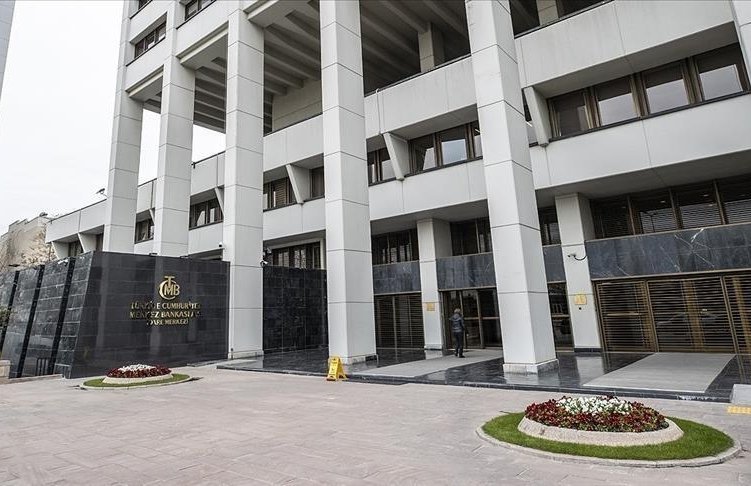
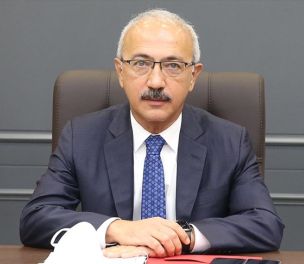
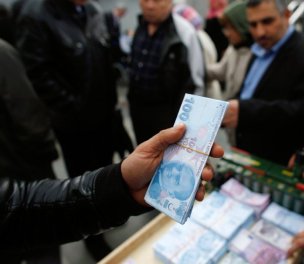
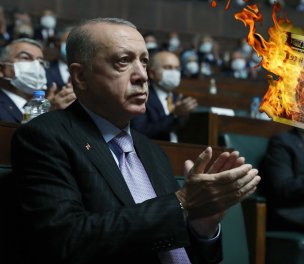

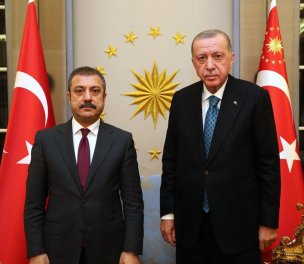
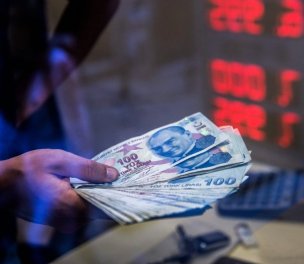

-132.jpg)